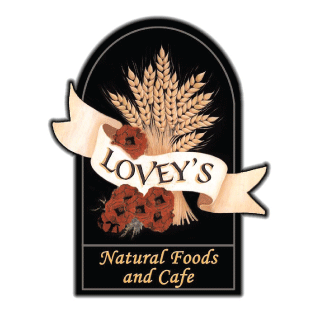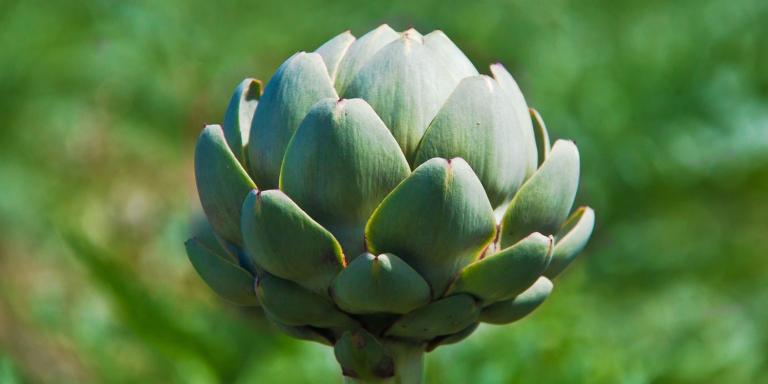“What if you put 250 people in a room and told them they would each pay $1,000 a year for a drug they would have to take every day, that many would get diarrhea and muscle pain, and that 249 would have no benefit? And that they could do just as well by exercising? How many would take that?” asked Jerome Hoffman, MD, professor of emergency medicine at UCLA.
He was referring to statins, which are prescribed for lowering cholesterol and are the best-selling drugs in the history of medicine. Dr. Hoffman’s query is not simply rhetorical.
Even the pharmaceutical giant Pfizer—which produces Lipitor, by far the most profitable statin—agrees that the drug prevents at best one heart attack per 100 patients who already have “multiple risk factors for heart disease.”
And statins often cause liver irritation, muscle cramps and pain, and memory problems.
How Do Statins Work?
Statins work by blocking an enzyme that produces cholesterol in the liver. They are effective at lowering LDL (bad) cholesterol, elevating HDL (good) cholesterol, and reducing triglycerides, a type of fat in the blood. For most people, eating a healthy diet, getting adequate exercise, and following other positive lifestyle practices will produce the same results.
About a quarter of the population is genetically predisposed to high cholesterol, and medication is sometimes a necessary option. But everyone benefits from lifestyle changes too.
“When I prescribe medication, I always tell my patients that I am giving them only 50 percent of what they need,” writes Stephen R. Devries, MD, author of What Your Doctor May Not Tell You About Cholesterol. “The other half comes from their diet and exercise plans.”
How to Help Keep Cholesterol in Check
We do need cholesterol, and plenty of it. The waxy substance is essential for thousands of bodily functions and is a key component of cell membranes. But too much of the wrong kind causes problems, as does too much cholesterol in the blood. Foods that help regulate cholesterol levels include nuts (especially almonds, walnuts, and cashews), soy protein, garlic, green tea, ground flaxseed, oat bran, and many fruits and vegetables.
You’ll also keep levels in check by limiting refined carbohydrates from cookies, chips, soda, and other snacks, and by avoiding trans fats (watch labels for partially hydrogenated oil). Functional medicine authority Mark Hyman, MD, says the most harmful type of cholesterol occurs as small, dense, hard particles, which “act like BB pellets, easily penetrating your arteries.” He says that the largest source of these abnormal particles is sugar.
“The sugar you consume converts to fat in your body. And the worst culprit of all is high fructose corn syrup (HFCS).” Dr. Hyman adds that HFCS “is the primary nutritional cause of most of the cholesterol issues we doctors see in our patients.”
Supplements to Support Cholesterol Levels
Nutritional supplements geared toward maintaining optimal cholesterol levels can pay dividends for almost everyone. Consider these:
-
Artichoke Extract
Artichoke extract appears to increase the production of bile in the liver, which enables excretion of cholesterol.
-
Fish Oil
Fish oil—high in omega-3 fatty acids—lowers triglycerides, reduces inflammation, and raises HDL.
-
Garlic Extract
Garlic extract is proven to lower cholesterol levels and triglycerides.
-
Niacin
Niacin, a B vitamin, helps remove LDL from the blood and return it to the liver.
-
Policosanol
Policosanol, a mix of specialized fats from various plants, shows promise in regulating cholesterol.
-
Psyllium
Psyllium, high in soluble fiber, reduces cholesterol absorption in the intestines.
-
Soy Protein Isolate
Soy protein isolate may reduce LDL and triglycerides.

